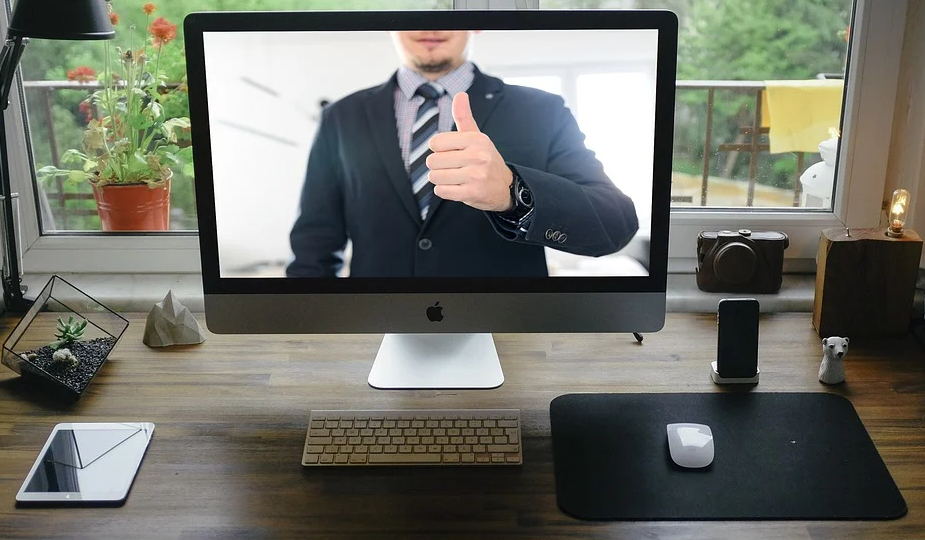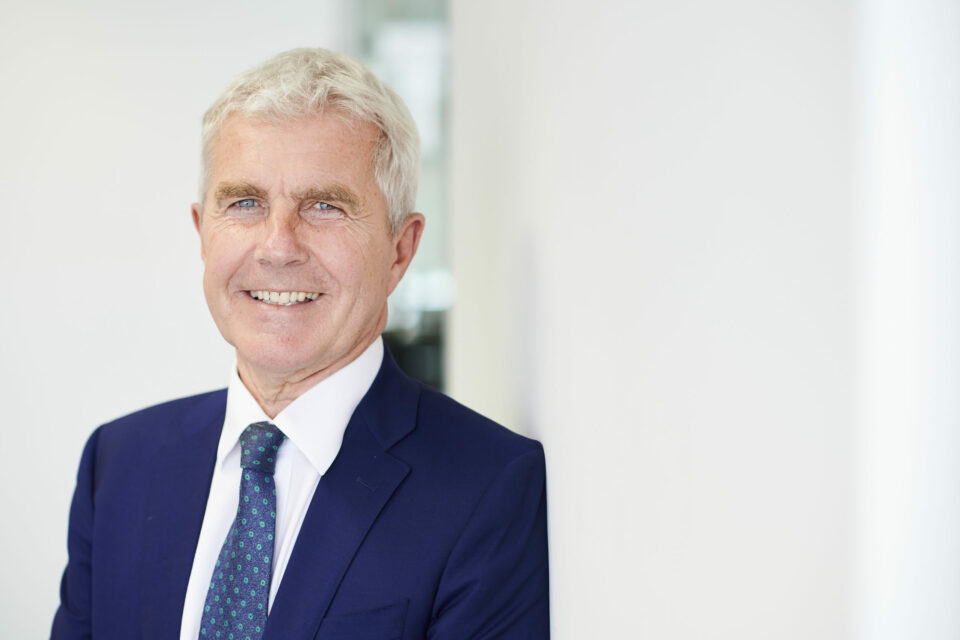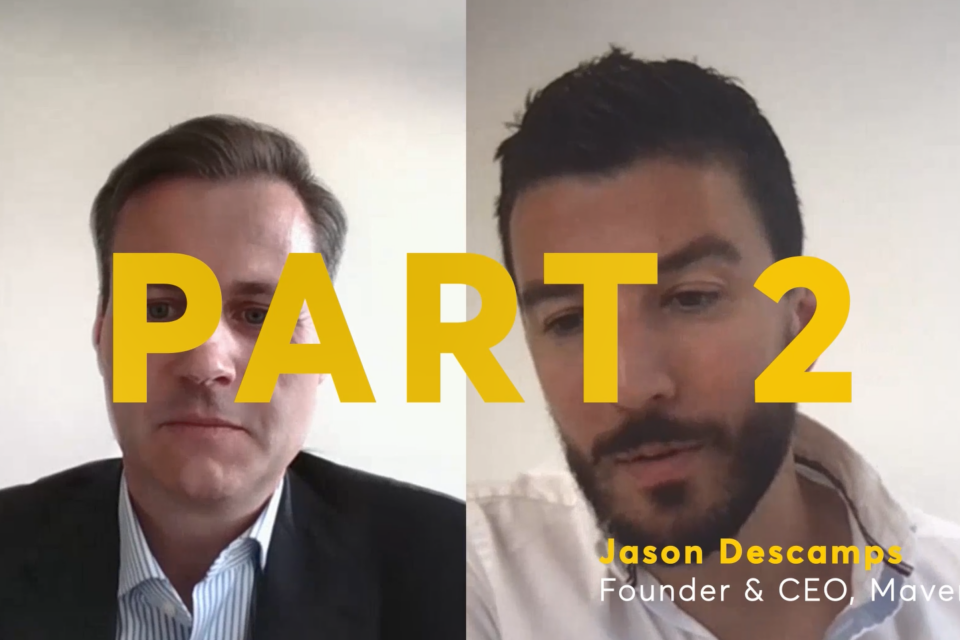It has been more than a year since the global Covid-19 pandemic disrupted both our habits and our assumptions centered on professional life. The consequences have been far-reaching and few features or former fixtures have gone untouched, if any. At the intersection of work and people, talent management has been particularly impacted, as every change requires seeking a new equilibrium along the entire professional ‘life cycle,’ from the perspective of both the employers and the employees.
How talent is attracted, engaged with, interviewed, hired, on-boarded, managed, rewarded, and empowered has been changing to keep pace with new virtual and decentralized structures.
The magnitude of these repercussions do not afford any extra leniency in adapting, however. The focus has indeed shifted from learning to cope, to learning to accept, and ultimately asking ourselves how we can thrive whatever the future looks like. Simply replacing in-person meetings with corresponding conference calls across the board is not enough to be sustainable or sufficiently engaging when the long-term health, motivation, and retention of a team is at stake.
This is especially noticeable as a new generation of talents begin to occupy a larger share of the workplace: employees who joined post-lockdown, who have only ever worked with their current teams, clients, or stakeholders remotely. While many of us have had some level of exposure to remote- or flexible working in the past, what fundamentally sets this cohort apart regardless of their seniority or experience is the lack of an in-person foundation. From interviews to onboarding to internal coordination on day-to-day deliverables, their only frames of reference are virtual and less personal.
Navigating this new reality is enough of a challenge for the present, but despite its scope it still represents only one part of the larger picture.
Post-Covid, the same considerations will continue to apply thanks to the very flexibility we have come to rely on: with some employees opting to continue to work remotely and others eager to return to the office, a kind of ‘multiple speed’ workplace could take shape as some team members begin to build relationships with some but not others in their organizations, or seek to differentiate their management practices or KPIs with this redefining the managerial framework. If we are to be successful in the future, we must ask questions of what a potential “return to normalcy” actually looks like in the long term – including whether we are returning to anything that is as it was before in the first place.
When it comes to attracting and securing talent post-Covid, for example, the decentralizing nature of virtual work has given candidates a significantly broader frame of reference when they consider prospective employers, and the cat will likely refuse to be put back in the bag from now on. Many vacancies advertised over the last year envision the role being held from anywhere – as a hiring manager, your organization is no longer competing with the traditional players around the block, but with competitors who a year ago would never even have been on the radar.
Moreover, while work-life balance was already becoming an increasingly important criterium pre-Covid-19, this is likely to become of even greater importance now that people have experienced the benefits of a hybrid office as the norm rather than as an exception – more flexible working hours, for example, and the valuable time saved not having to sit in rush-hour traffic, to name just a few. While in the field of Public Affairs there seems to be greater expectation for a return to in-person work as the norm, given the extremely high value traditionally placed on a physical and personal presence near policy-makers and political institutions, it also raises the question as to the extent that entire service sectors may differ from one another over time, and how certain functions will need to learn to interact with their colleagues in different teams when each defines their own preferred style.
At the same time, if your organization is one of those which is leaning into this opportunity, the question remains – how do you make good on career promises to a talent half a world away, living and working in two separate ecosystems? In both cases, certain questions stand out: is your organization doing enough to stand out in a larger, busier field? Are you relying on your business, your organizational culture, your long-term values, or a combination of things to make a meaningful offer? What extra-legal benefits need to be re-evaluated to stay relevant – are utilities a more attractive option than a company car in a world where commutes are optional?
These represent only a few of the considerations likely to influence HR post-Covid, to say nothing of how the relevant regulatory frameworks governing freelancers or various types of professional contracts might change as governments seek to modernize their employment legislation for the new environment.
Once a talent is won over, the question of keeping them remains – made more complicated in a world where meeting in person and building a common rapport cannot be taken for granted. In the past, office culture was often a product of compounding environmental and personal policies, revolving around shared people in a shared space with shared ‘rituals’ that build and reinforce bonds, as well as provide choreographed opportunities for newcomers to quickly be “on the inside” as they learn from veterans. Post-Covid, intentionality will be among the most determinant factors in the stability and strength of an office culture, with new communications skills and styles needed to effectively reach employees and ensure the ship runs smoothly. While the promise of being able to “do what you care about” will always be one of the primary motivators for career decisions, after the past year the question of “is what I’m doing sustainable” will be a much more powerful consideration in a world where mental health, coping with isolation, and emotional resilience have all become household topics of conversation.
Finding ways to recreate or re-imagine these traditional considerations for a new world – like the little ‘rituals’ that help underpin a culture – will need to be refined alongside some more significant structural changes that organizations can pursue to help manage people and motivation in digital, decentralized, or hybrid workspaces.
One of the most comprehensive changes entails flattening and interconnecting silos and project teams to allow employees greater mobility internally, enabling them to gravitate to work that resonates with their expertise and interests and substituting immediacy in the workplace for agency.
Another structural change is re-evaluating the way HR is handled as a function: many organizations in Brussels in particular either share HR competencies with regional offices or general-management secretariats. A surprising number have no dedicated in-house HR at all, which in a post-Covid workplace significantly increases the frequency and severity of issues around burn-out, brain drain, or tone-deaf talent management. Whether the preferred solution is to retain talent specialists to supplement capabilities, to adapt the profile of managers in leadership positions to include HR skills, or to build out a dedicated HR team from the ground up, the trap which presents the most danger remains the wishful fallacy that once the pandemic is behind us we will be effectively “out of the woods.” In reality, the changes brought about over the past year have guaranteed that while we are running out of the woods, we are running into a different but potentially even more complicated environment characterized by new assumptions, new ways of working, and new possibilities that demand nuanced and flexible attention if we are to thrive and prosper in the future.
Anna Koj is Mavence’s Managing Director for Brussels, having joined in 2016 after a career in Public Affairs and NGO Management in the field of Human Rights. In addition to holding an MBA, Anna is a certified personality assessor and an ethical leadership trainer.
Cynthia Fürste is a Director at Mavence and an independent consultant, having joined in 2019 with over 20 years of public affairs experience in a multinational corporate environment, as well as European association setting.


